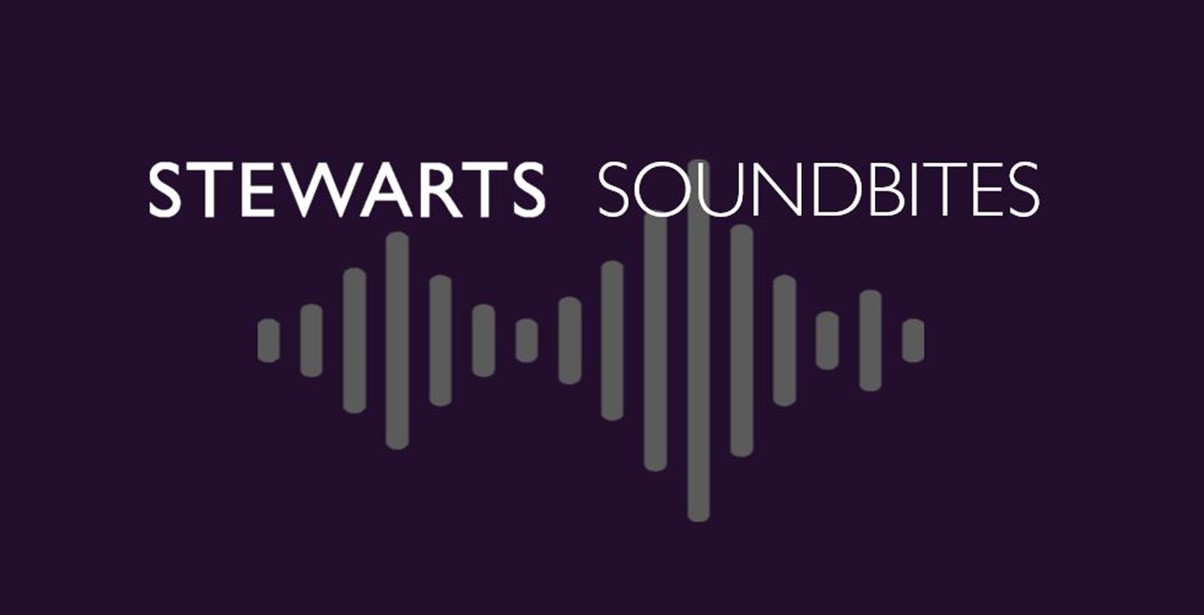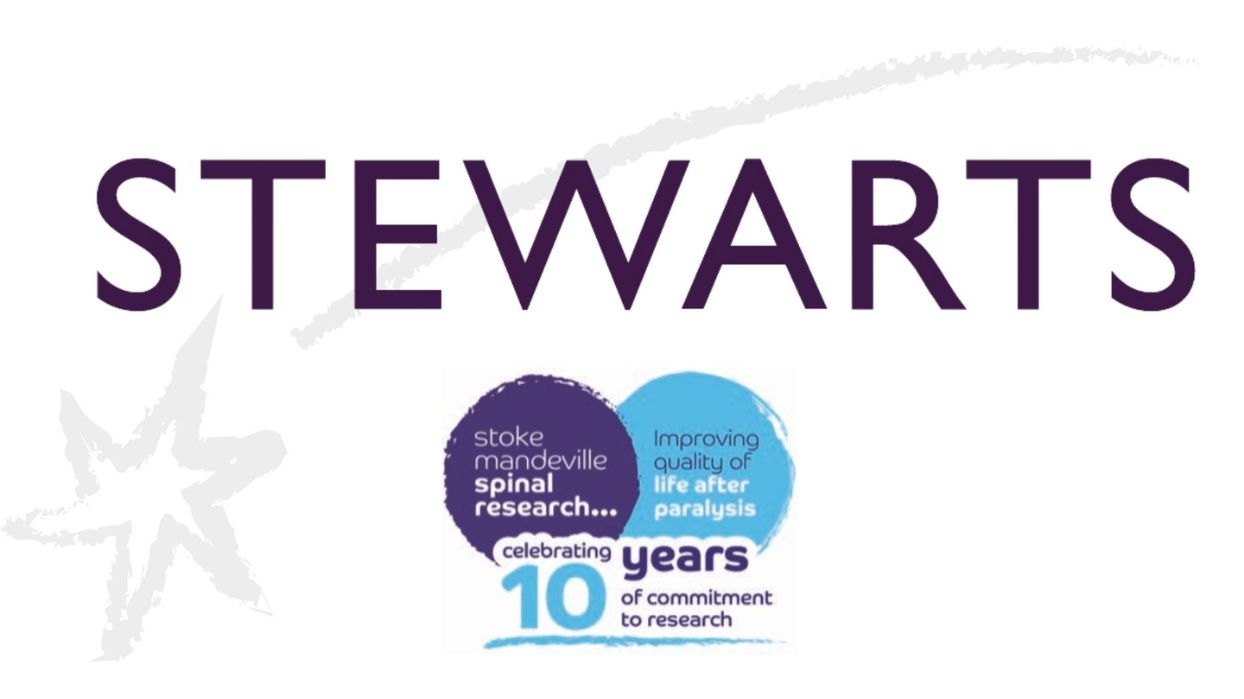In the recent case of Robinson v Liverpool Hospitals NHS Trust v Mercier, the High Court overturned a third-party costs order (TPCO) against an expert witness. It further clarified that: (i) the threshold for TPCOs is high, (ii) their ordering is rare, and (iii) relevant issues such as the expert’s background will be considered over specific job titles or positions.
Mr Justice Sweeting reversed the first instance decision ordering a TPCO against the claimant’s expert witness. The decision, reviewed here by Grace Horvath-Franco, provides important guidance regarding costs orders against expert witnesses. It confirms that the court’s criticism of an expert’s opinion does not amount to a flagrant disregard of their duty.
The decision at first instance
The claimant, Miss Robinson, issued a claim for clinical negligence following dental treatment carried out by a trainee oral and maxillofacial surgeon employed by the defendant, Liverpool University Hospitals NHS Trust. The central issue of the case was the surgeon’s decision not to extract a tooth. Dr Mercier, a general practitioner dentist, was instructed as the expert witness in support of the claimant’s allegations. After the expert had given evidence, the claimant withdrew her claim. Subsequently, the defendant applied for a wasted costs order against the expert witness. The application was successful, and Dr Mercier was ordered to pay over £50,000 under the TPCO, as explained further in our previous article.
This decision followed the case of Thimmaya v Lancashire NHS Foundation Trust and Jamil [2020] PNLR 12, in which a TPCO was ordered against an expert witness. It served as a warning that experts should not step outside their area of expertise.
Dr Mercier appealed the County Court’s decision.
The appeal
The appeal was successful, and the TPCO was overturned.
The main issue Mr Justice Sweeting was tasked with determining was whether Dr Mercier, as a general practitioner dentist, was qualified to provide an opinion in relation to the issues in the case, namely the viability of the tooth and whether extraction was required. Contrary to the County Court’s conclusion, he found that Dr Mercier had not stepped outside the boundary of his expertise and was qualified to give an expert opinion about breach of duty and causation in this case. This was despite the fact that he did not hold the same title or job role as the treating clinician. It could not sensibly be suggested that a different standard would apply to the examination of a patient’s teeth and x-rays to confirm whether extraction was required between a dental surgeon and a general practitioner dentist.
It is also important to note that the County Court criticised Dr Mercier in the first instance judgment for various reasons, such as the fact there was an 18-month interval between the operation and his examination of the claimant. However, Mr Justice Sweeting emphasised that criticism of an expert does not amount to sufficient reason to award a costs order. TPCOs are only justified if the expert acted “in flagrant reckless disregard of his duties to the court” as stated in the judgment of Mr Justice Peter Smith in Phillips v Symes [2004] EWHC 2330. Mr Justice Sweeting found this case did not reach this high threshold and overturned the TPCO.
Conclusion
The decision of the case offers the following reminders to expert witnesses and legal representatives:
- An expert’s suitability should be judged with reference to the issues of the case and not with reference to the title or role of the treating clinician.
- Although a court may criticise an expert, this does not justify a TPCO unless they reach the high threshold set out in Phillips v Symes.
- Expert witnesses should not be deterred from taking instructions because of the risk of costs orders against them. This case serves as a reminder that a high threshold exists.
- A defendant’s application for a TPCO may not be successful should a claimant decide to discontinue the case following the conclusion of their expert’s evidence.
In addition to the above, there are occasions where after the event (ATE) insurers have suggested they will not indemnify experts’ fees when the court has criticised the expert. This judgment might encourage insurers to reconsider this view and adopt the same high threshold.
You can find further information regarding our expertise, experience and team on our Personal Injury pages.
If you require assistance from our team, please contact us.
Subscribe – In order to receive our news straight to your inbox, subscribe here. Our newsletters are sent no more than once a month.




